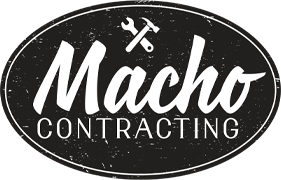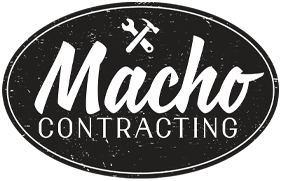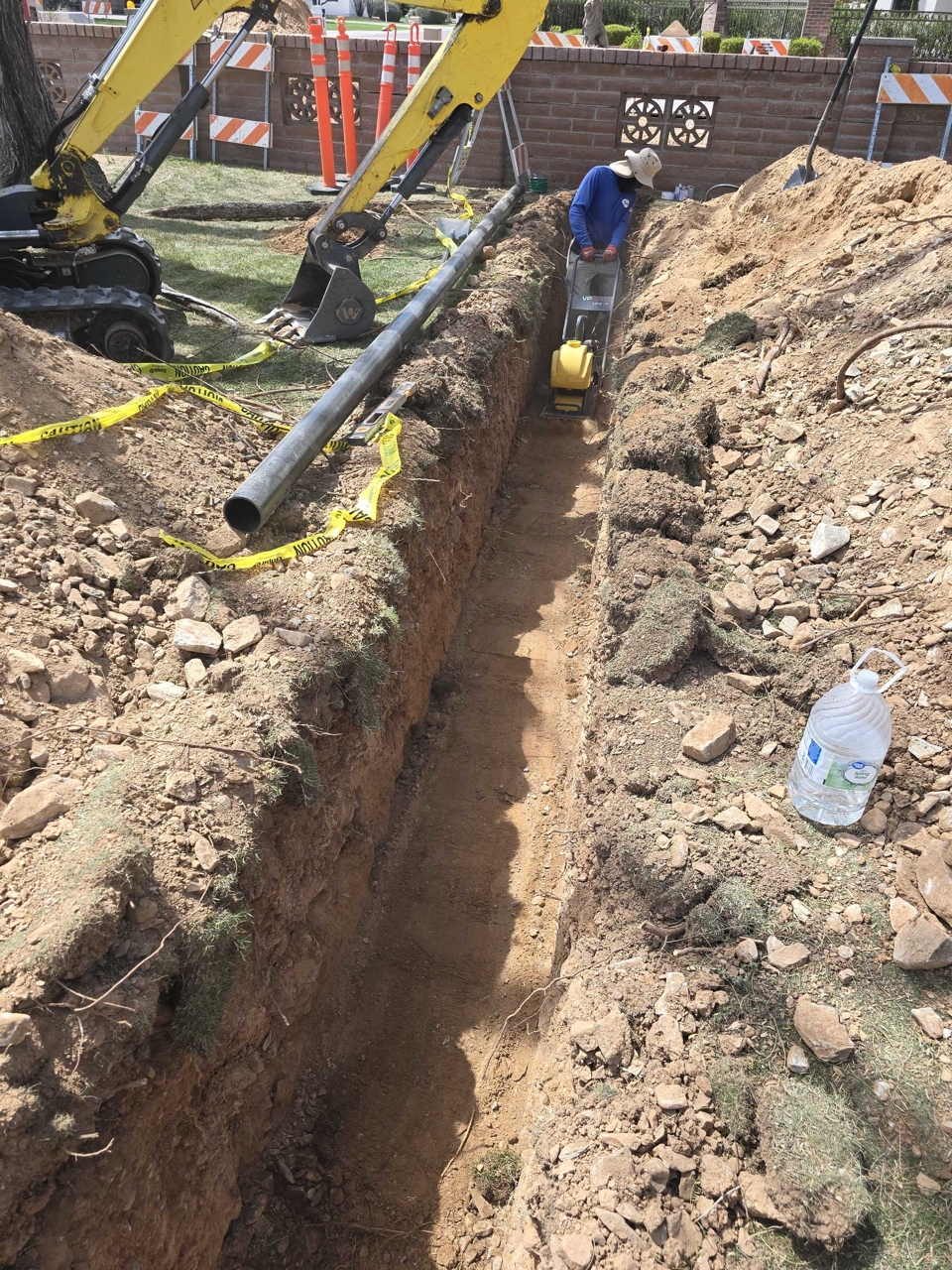If you're a homeowner in Arizona, understanding the septic certification process is essential, especially if you're planning to sell your property. The Arizona Department of Environmental Quality (ADEQ) has specific requirements to ensure septic systems are properly maintained and do not pose a threat to public health or the environment. This guide will walk you through the steps necessary to navigate the septic certification process in Arizona.
Understanding the Importance of Septic Certification
Septic certification is a crucial step in the home-selling process in Arizona. It ensures that the septic system is functioning correctly and safely, protecting the environment and public health from potential contamination. The ADEQ mandates this certification to prevent issues related to failing septic systems, such as groundwater contamination and sewage backups.
Step-by-Step Guide to Septic Certification
Schedule an Inspection
The first step in obtaining a septic certification is to schedule an inspection with an ADEQ-licensed inspector. This inspection is comprehensive, covering the septic tank, drain field, pumps, alarms, and other components of the system.
- Contact a Licensed Inspector: Find a licensed inspector through the ADEQ or your local county health department.
- Prepare for the Inspection: Ensure the inspector has easy access to the septic system components. Clear any obstructions and locate the tank cover in advance.
Perform Necessary Repairs
If the inspection reveals any deficiencies, they must be addressed and repaired before you can receive certification. Common issues include cracked tanks, clogged pipes, and malfunctioning pumps.
- Hire a Professional: Work with a licensed septic professional to carry out any necessary repairs. This ensures the repairs meet ADEQ standards.
- Re-inspection: After repairs, a follow-up inspection may be needed to confirm that all issues have been resolved.
Pump the Septic Tank
As part of the certification process, the septic tank will likely need to be pumped to remove built-up solids. This allows the inspector to thoroughly check the tank's condition and ensures it operates efficiently.
- Schedule Pumping: Arrange for a licensed pumping service to clean out the tank.
- Frequency: ADEQ recommends septic tanks be pumped every 3 to 5 years, so if it hasn’t been done recently, it will be necessary for the certification.
Complete the Certification Process
Once the inspection and any necessary repairs and pumping are complete, the inspector will provide a report detailing the system's condition. If everything meets ADEQ standards, you will receive a certificate of compliance.
- Certification Report: The inspector’s report will include information about the system's components, their condition, and any repairs made.
- Certificate of Compliance: This document is essential for the sale of the property and proves the septic system is in good working order.
Frequently Asked Questions
What if my septic system fails the inspection?
If your system fails the inspection, you must complete the recommended repairs and potentially have the system re-inspected. This ensures that all issues are resolved and the system complies with ADEQ standards before certification can be issued.
How long is the certification valid?
Septic certifications are generally valid for a specified period, often six months. Check with your inspector for the exact validity period to ensure your certification is current during the sale process.
Can I perform the inspection myself?
No, ADEQ requires that a licensed professional conduct the inspection to ensure all standards are met. DIY inspections are not accepted for certification purposes.
Tips for a Smooth Certification Process
- Plan Ahead: Schedule your inspection and any necessary repairs well in advance of selling your home to avoid delays.
- Maintain Records: Keep detailed records of all inspections, pumpings, and repairs. This documentation can be helpful during the certification process.
- Stay Informed: Regularly review ADEQ requirements and guidelines to ensure you are compliant with any changes in regulations.
By understanding ADEQ requirements, scheduling timely inspections, performing necessary repairs, and maintaining your system, you can ensure a smooth certification process and protect both your investment and the environment. Proper septic system maintenance and certification not only facilitate property transactions but also contribute to the long-term health and safety of your community.






